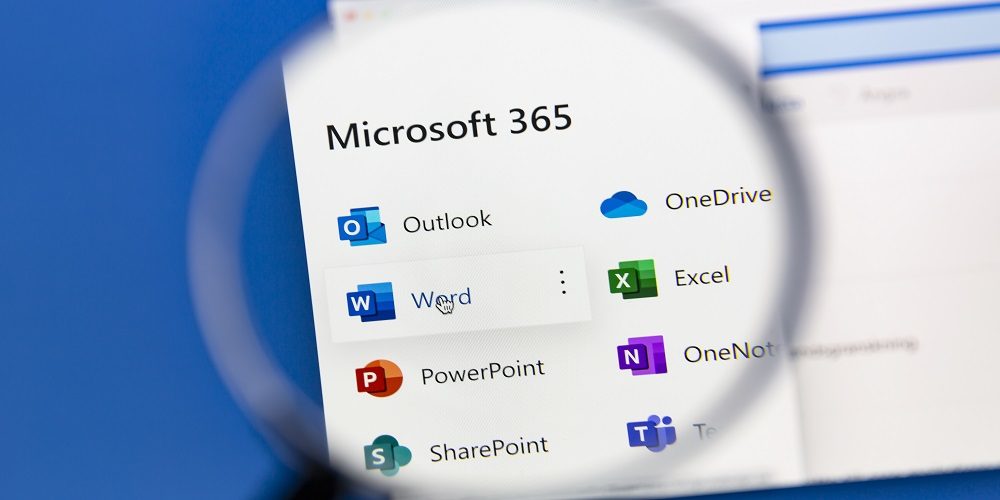Microsoft 365 is in the Cloud—Do I Really Need to Back it Up?
Aug 31,2023 | AddOn Systems Pte Ltd
Yes, even though Microsoft 365 operates in the cloud, it's still important to back up your data. While Microsoft provides some level of built-in data protection and redundancy, it doesn't offer a comprehensive backup and recovery solution to protect your data from all potential risks. Here are some reasons why you should consider backing up your Microsoft 365 data:

Read more:
What is the Azure Backup service?
How can I set up Microsoft 365 Backup and Recovery Solution
Microsoft 365 is in the Cloud—Do I Really Need to Back it Up?
-
Accidental Deletions: Users can accidentally delete emails, documents, or other data. Microsoft's retention policies might not cover all scenarios, and once data is deleted from the recycle bin, it might become unrecoverable without a backup.
-
Malicious Activity: Cyberattacks such as ransomware or hacking attempts can compromise or delete your data. Having a backup ensures you can restore clean copies of your data if it's affected by such activities.
-
Retention Periods: Microsoft 365 retention policies have limits, and data might be permanently deleted after a certain period. Backing up your data ensures you have control over how long you retain important information.
-
Internal Threats: Employees or users with access to your Microsoft 365 environment might intentionally or unintentionally delete or alter data. Backups protect you against both internal and external threats.
![166 Cybersecurity Statistics and Trends [updated 2022]]()
-
Data Corruption: Data corruption can occur due to various reasons, and having a backup allows you to restore clean copies of your data.
-
Legal and Compliance Requirements: Some industries and regions have strict legal and compliance requirements for data retention and protection. Backups can help you meet these requirements.
-
Third-Party Applications: Data from third-party applications integrated with Microsoft 365 might not be fully protected by Microsoft's built-in mechanisms. Backing up ensures all data is safeguarded.
-
Quick Recovery: Having your own backups allows you to quickly recover data without relying solely on Microsoft's recovery processes, which might have limitations.
-
Data Portability: Backups give you the flexibility to migrate your data between different cloud providers or on-premises systems if needed.
-
Peace of Mind: Having a comprehensive backup strategy provides peace of mind knowing that your data is safe and recoverable, even in worst-case scenarios.
When implementing a backup strategy for Microsoft 365, consider using a third-party backup solution as AddOn Sys that's designed specifically for Microsoft 365 data. These solutions offer features like granular recovery, longer retention periods, and additional layers of security.
Thanks for reading, you can also learn more about IT knowledge at our AddOn IT Library
.png?w=903&h=1191)
![166 Cybersecurity Statistics and Trends [updated 2022]](https://img.myshopline.com/image/store/1678977972998/Blog-CybersecurityStatistics-BlogHero-202206-V2.png?w=2480&h=828)


.jpeg?w=1200&h=1600)


